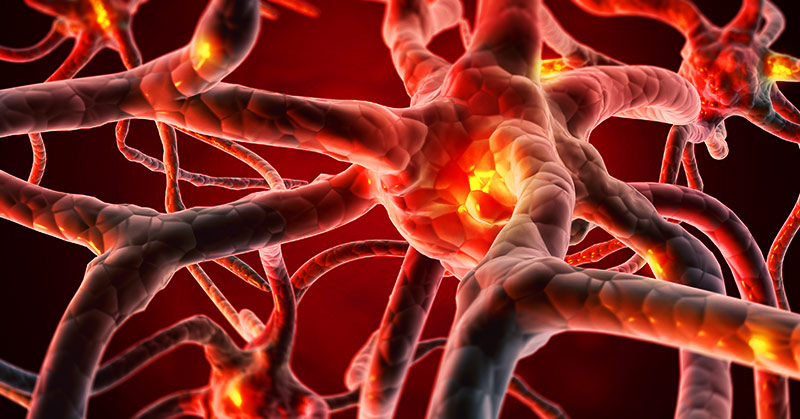This article was originally published November 15 2019 and has since been updated.
There are a lot of reasons to eat less meat. The beef industry has a significantly large carbon footprint (1). Red meat has been tentatively linked to cancer; processed meats even more so. (2) The ethics of eating animals and how they are treated are issues as well, not to mention the impact animal products have on the environment.
But according to psychiatrist Dr. Georgia Ede, MD, a diet that includes fat from animals could have benefits for your psychological health.
Ede suffered from chronic fatigue syndrome, fibromyalgia, and irritable bowel syndrome for some time. She followed a low-fat, high-fiber, plant-based diet in an attempt to bring her body back to health through diet. But it wasn’t until she gave that up and followed an “unorthodox” diet she designed for herself that she found wellness. Since then, she’s advocated for a more nuanced, personalized understanding of diet and health, which sometimes means going against conventional wisdom about eating habits. (3)
The Fats You Need
“We think of fat as bad—the less of it we eat, and the less of it we carry on our bodies, the better—but this isn’t the right way to think about it,” Ede says. “Fat is not just for insulation and energy storage, it’s also for nutrient absorption, cell signaling, immune function, and many other critical processes.” (4)
She goes on to explain in Psychology Today that the human body needs certain omega fatty acids to function well, some of which cannot be found in plants: EPA (eicosapentaenoic acid), ARA (arachidonic acid), and DHA (docosahexaenoic acid). A plant-based diet does not provide ARA or DHA omegas.
“Without DHA, the highly sophisticated connections necessary for sustained attention, decision-making, and complex problem-solving do not form properly. It has been hypothesized that without DHA, consciousness and symbolic thinking—hallmarks of the human race—would be impossible,” Ede says.
Benefits of DHA
DHA is linked to (5):
- Reduce risk of heart disease
- Reduce ADHD symptoms
- Prevent premature births
- Fight inflammation
- Reduce risk of certain cancers
- May slow Alzheimer’s disease
- Promotes healthy infant brain development
- May reduce risk of depression
- And more
Sources of DHA
Fatty fish and eggs are excellent sources of DHA. But what about those who don’t eat animals?
A 2018 study on vegan diets suggested that the body is only able to convert plant-based omega, ALA, to DHA at less than a 10% rate. (6) Furthermore, while it’s not possible to know about DHA levels in the brain for sure, data from blood samples suggests that as many as 4 in 5 Americans have lower than optimal DHA levels. (7)
That last stat might sound surprising, especially since meat plays a pretty central role in most Americans’ diets. But consider that “Most vegetable oils are extremely, unnaturally high in LA (linoleic acid), an omega-6 fatty acid that reduces the production and effectiveness of DHA within your body,” says Ede. (4)
Do You Have to Eat Meats to Get DHA?
Luckily for people following a vegan or vegetarian diet, supplements could be helpful in elevating DHA levels. Algae-based DHA supplements are an animal-free alternative to fish oil supplements (or a diet with meat in it). (4)
“For those who choose a vegan diet, I fully support and recommend algae-based supplements,” Ede reassures. She goes on to note that it’s unclear how much DHA each individual needs, and how other factors like intake of processed foods and vegetable oils might interfere. (4)
Disclaimer: This information is not intended to be a substitute for professional medical advice, diagnosis or treatment and is for information only. Always seek the advice of your physician or another qualified health provider with any questions about your medical condition and/or current medication. Do not disregard professional medical advice or delay seeking advice or treatment because of something you have read here.

